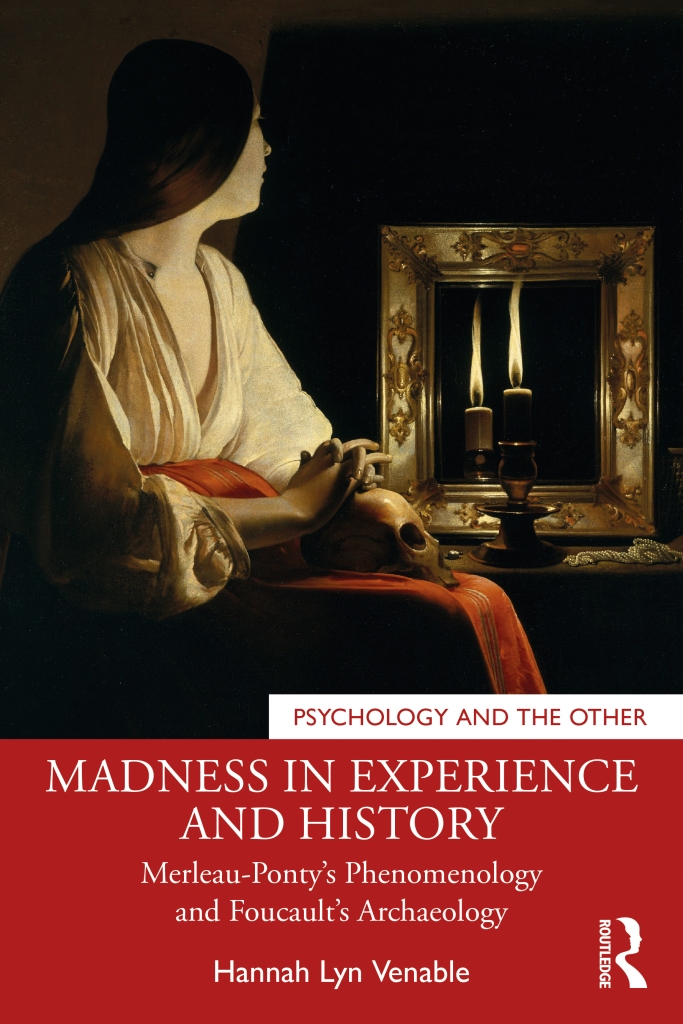(This abstract was accepted by the Society for Ethics Across the Curriculum for the 2017 Conference which will be taking place in Grand Rapids, Michigan, October 5-7, 2017. I will be presenting a paper based on this abstract. I am honored to be accepted and eagerly anticipating the conference.)
With the rising number of mental disorders in our communities, it has become increasingly important for leaders to have a clear understanding of the nature of mental disorder and to be given the appropriate tools to help those who are suffering. Leaders, both inside and outside the psychological community, are struggling with how to treat people with mental disorders and how to provide them the best care possible.
This paper will suggest a fresh way of viewing those struggling with mental disorders by seeing their experiences as not outside the common human experience, but actually arising from the human condition itself. I will turn to the work of Maurice Merleau-Ponty, a philosopher and psychologist, to demonstrate how cases of psychopathology must be understood as an opening to the horizon of human experience, an expression of the human condition and a way of still using structures of being-in-the-world. We will find that this inclusive account of psychopathology aids in a better understanding of mental disorders as well as a better understanding of the human. We cannot, however, conflate the distinctions between healthy and sick ways of experiencing the world, as the suffering from those with mental disorders is weighty and real. Thus, while recognizing the magnitude of the suffering, this account provides a way to relate to the person struggling, as opposed to perceiving their experiences as inaccessible.
With this inclusive account of psychopathology, leaders can then be equipped both (1) to help those struggling with mental disorders and (2) to incorporate them into the life of their community. For the first, leaders will be reminded of the importance of holistic care: not only is it crucial to offer medical care, but also physical, spiritual and emotional support. And second, although certain times of separation from the community are needed, during times of hospitalization or mental health retreats, leaders can also look for ways to engage those struggling with the community. I will close this paper by looking at several examples of this kind of community engagement, such as sports programs at local recreational centers, art and music workshops at non-profit organizations, educational opportunities at charter high schools, and social and volunteer activities at state hospitals.

